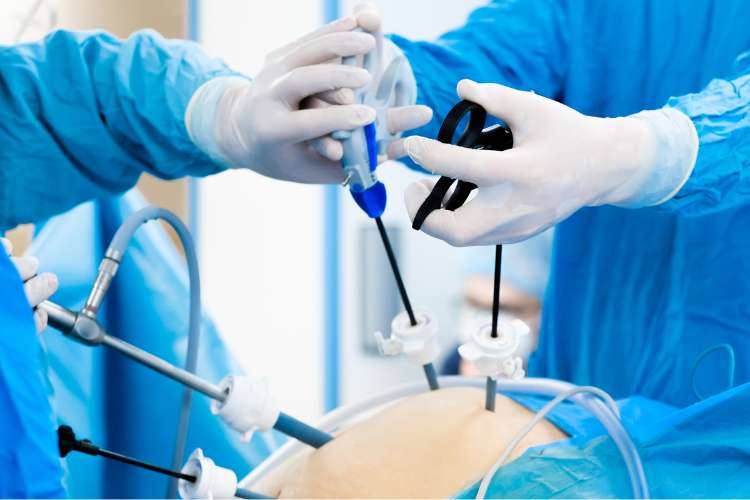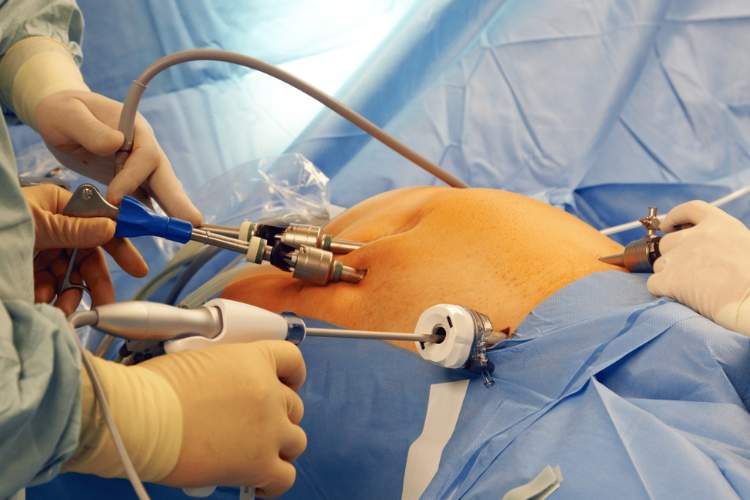
Meet the Best Laparoscopic Surgeon in Pune: Advanced & Minimally Invasive Surgical Care at LOC
In recent years, laparoscopic surgery in Pune has revolutionized the way various abdominal conditions are treated — offering patients faster recovery, minimal scarring, and reduced hospital stays. At the forefront of this surgical advancement stands Dr. Shashank Shah, widely recognized as the best laparoscopic surgeon in Pune, and the founder of Laparo Obeso Centre (LOC), India’s leading centre for minimally invasive and bariatric surgeries.
What Is Laparoscopic Surgery?
Laparoscopic surgery, also known as minimally invasive surgery or keyhole surgery, involves making small incisions through which a camera (laparoscope) and specialized instruments are inserted. The surgeon performs the operation by viewing the internal organs on a high-definition screen, ensuring precision and minimal damage to surrounding tissues.
Common procedures performed using laparoscopic surgery in Pune include:
- Gallbladder removal (Cholecystectomy)
- Hernia repair
- Appendectomy
- Bariatric surgery for weight loss
- Laparoscopic fundoplication for acid reflux
- Diagnostic laparoscopy for abdominal pain
Why Dr. Shashank Shah Is the Best Laparoscopic Surgeon in Pune
With decades of surgical experience, Dr. Shashank Shah has performed over 45,000 successful laparoscopic procedures. He is globally recognized for his work in bariatric and metabolic surgery, and has trained hundreds of surgeons across the world. Patients from India and abroad trust him for his expertise, precision, and compassionate care.
What sets him apart:
- Internationally certified Centre of Excellence for Bariatric Surgery
- Pioneering minimally invasive techniques in India
- Highly trained surgical team and advanced infrastructure at LOC
- Cashless treatment options for many surgeries
- High patient satisfaction and positive outcomes
Laparo Obeso Centre (LOC): A Trusted Name for Laparoscopic Surgery in Pune
Located in Pune, Laparo Obeso Centre is a state-of-the-art facility equipped with the latest technology in laparoscopic and bariatric surgery. The centre offers:
- Robotic and laparoscopic procedures
- Diet and nutrition counselling
- Post-surgical rehabilitation
- Patient education and support groups
- Cashless hospitalization & insurance guidance
Whether you’re suffering from gallbladder stones, hernia, or obesity-related issues, LOC provides personalized care to ensure the best surgical outcomes with minimal discomfort.
When Should You Consult a Laparoscopic Surgeon in Pune?
If you’re experiencing persistent abdominal pain, digestive issues, or have been advised surgery for conditions like hernia or gallstones, it’s time to consult a laparoscopic surgeon in Pune. Early intervention with minimally invasive surgery can reduce complications and accelerate your recovery.
Book a Consultation with the Best Laparoscopic Surgeon in Pune
At LOC, your health is our priority. If you’re looking for reliable and advanced laparoscopic surgery in Pune, schedule a consultation with Dr. Shashank Shah today and take the first step toward a pain-free, healthier life.
Visit: https://obesityasia.com
LOC, Pune +91-7411804876 Call now to book an appointment



